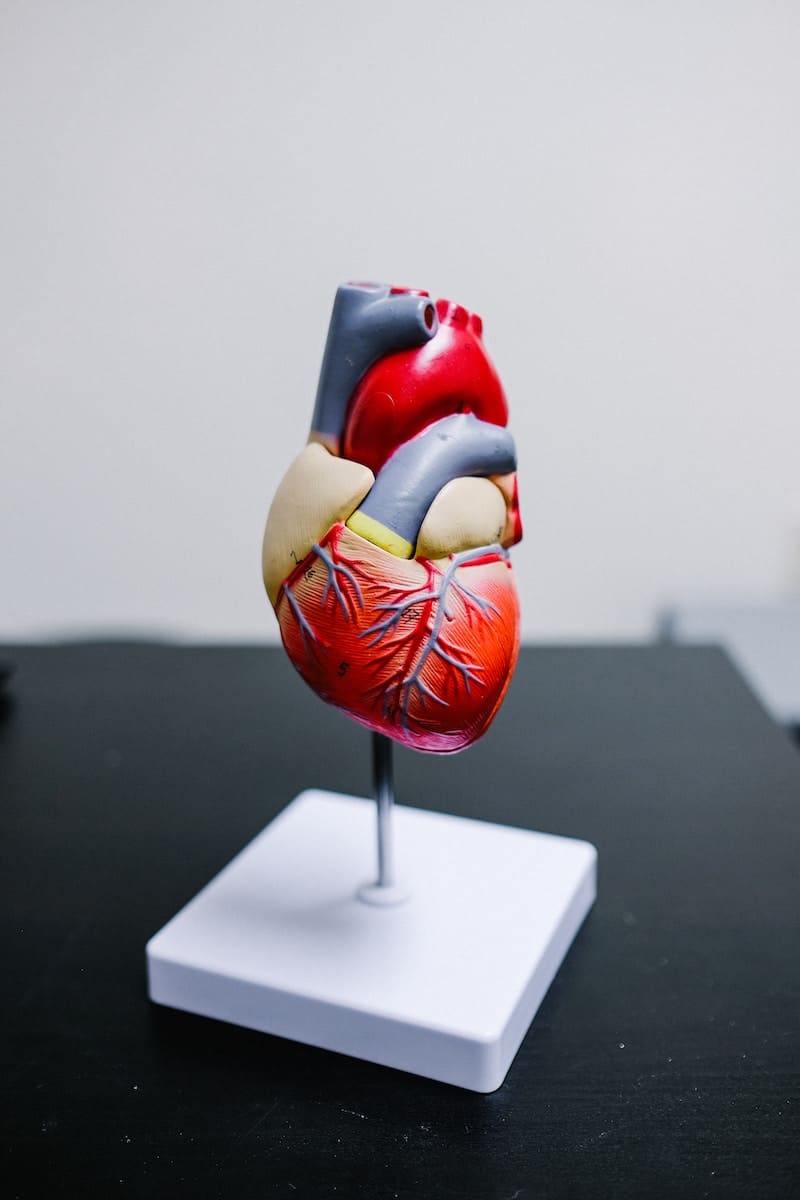There are times when you feel a little “off,” but you haven’t had anything to drink. What could it be? People don’t believe you when you say you’re not drunk, but it’s the truth. Fortunately, you’re not crazy. There are very specific illnesses that can mimic intoxication. Get to the doctor immediately to get tested and to rule out other possibilities:
Diabetes
Diabetes is a condition in which you have trouble controlling your blood sugar. A person who has diabetes may look fine, but may also not look fine. In fact, when blood sugar drops, the person may feel very different – may even feel drunk or slightly intoxicated. The signs and symptoms range from mild to severe.
Takakjian & Sitkoff, LLP, LA criminal defense lawyers, can help you if you’ve been accused of driving while intoxicated even when you weren’t. If you have diabetes, you may not be guilty of any crime, even if you were swerving on the road.
Generally, the warning signs include:
- A smell of acetone on your breath
- Fruity body odor, which some police mistake as a mixed drink
- Dizziness and trouble keeping balance
- Disorientation
- Altered state of consciousness
- Hostility or mania
- Unusual nervousness
- Disorientation, especially concerning time or place
- Inability to concentrate
- Sudden mood change
- Sweaty and clammy perspiration
Epilepsy
Epilepsy and related seizures occur without warning and are pretty scary. But, they, in and of themselves, are not life-threatening. It happens because of an abnormal electrical activity in the brain. A seizure can be either partial or generalized. It will usually be accompanied by these symptoms:
- A detachment from reality
- A dreamy state
- Dizziness
- Falling
- Sweating
- Unresponsiveness to words or environment
- Staring spells
- Walking away during a conversation
- Flushing
- Heightened pleasure
- Contorted posture or limbs
- Aggressiveness or anger
- Loss of consciousness
- Unrealistically fearful
Traumatic Brain Injury
A brain injury is accompanied by symptoms correlating with the part of the brain that was injured. For example:
- Tremors
- Dizziness
- Inability to make simple movements
- Inability to perform sequence of complex movements
- Unable to focus
- Unable to focus attention visually
- Difficulties with hand-eye coordination
- Difficulty speaking
- Slurring speech
- Aggressive behavior
- Hallucinations, auditory or visual
Brain injuries occur during moments of stress or during physical activities. For example, if you play sports, you are at an increased risk of a brain injury. The injury may not even be apparent at first.
Because many people fall or knock their head during a game, it’s considered a common occurrence. Yet, even though it’s common, it can be life-threatening if it’s not dealt with immediately.
Slurred speech can be indicative of a serious injury, for example.
You may have a concussion or a hematoma – bleeding on the brain. Left untreated, you could die. If you’ve recently been in an accident of any kind, or suffered any kind of blow to the head, you should see your doctor immediately to rule out any damage to your brain.
Alzheimer’s
This illness is related to another illness, called “dementia.” And, while it’s uncommon for young people to suffer from it, it can happen. The disease is progressive. Meaning, once you have it, it only gets worse as time goes on.
Symptoms range from mild to severe, and may include symptoms that make the person appear drunk, like:
- Paranoia
- Changes in mood
- Confusion and anger
- Aggressiveness
- Unresponsiveness
- Falling down or disorientation
- Incontinence
- Trouble remembering things
- Blank stare
- Slurring speech or mumbling
Unfortunately, there is no treatment for alzheimer’s disease. If you suspect that you may be in the early stages of the disease, contact your doctor and have tests run to confirm. A diagnosis means that you will likely notice a steady decline in your cognitive abilities.
And, the heartbreaking conclusion to the disease is that you will likely forget even your own family at some point, becoming totally dependent on others for basic survival.
Wilson’s Disease
This rare disease is thought to be genetic in nature. The body accumulates excess copper, and cannot clear it. Unfortunately, the excess copper damages the liver, and impaired detox pathways. It may also make a person sound or look drunk. It can impair normal bodily functions, too, and requires medication.
Other common symptoms include pain in the knees and other joints. While it’s not common, it does happen to people of all ages, but is usually diagnosed when an individual is young.
If you suspect you may have this disease, you need to see a doctor immediately and get tested. It can be life-threatening if left undiagnosed and untreated.
Paul Takakjian is the founding partner at Takakjian & Sitkoff, LLP and started his 35-year career as a district attorney in Los Angeles Superior courts (including West LA and Los Padrinos), Compton, Santa Monica, Beverly Hills, Culver City and Pomona. As a former Los Angeles County deputy district attorney, Paul was a fixture in the courtroom. He specially prosecuted DUIs, sex crimes and hardcore gang crimes. Paul was also formerly an academy instructor for the California Highway Patrol and Los Angeles County Sheriff ‘s department where he taught laws of evidence, breath testing and Title 17 compliance. His experience as a former prosecutor and law enforcement instructor helps him build strong defenses for his clients who are caught in our complex criminal justice system. Paul is certified as a specialist in criminal law by the State Bar of California Board of Legal Specialization, a title reserved for the select attorneys who submit to a rigorous application and review process. He wrote the “DUI Prosecution Manual” while working at the District Attorneys Office, which the agency continued to use for several years after he left to start his private practice in 1987.








7 comments
Hello, Neat post. There is a problem along with your site in web explorer, would check this?IE nonetheless is the market chief and a good component to other people will pass over your great writing due to this problem.
This site is very good and informative. Thanks for share valuable information.
Back in 2011 I was diagnosed with a Vestibular issue which caused severe episodes of vertigo it got to a point where I was having these every day and the doctors said that my vestibular had become bad and had to be removed. So They removed my left vestibular and spent 2 months of rehabilitation on my balance which is pretty much relying only on my right ear. I was told by my doctor that if I’m ever asked to do a field sobriety test I shouldn’t do it and offer only breath and blood tests. I have tried to do some of the test police officers conduct and I will tell you I would definitely fail all because they deal with balancing. I would be interested in your opinions.
My wife has been showing symptoms like disorientation, such as caused by alcohol.
She’s a nurse, and can come home after a 12 hr; be fine for an hour or so, then will have trouble standing, walking, concentrating and speaking.
Anyone have any suggestions??
Huntington’s Disease should definitely be on this list. My husband passed away from HD, and now my 26 year old daughter has it. I have been involved in the Huntington’s Disease community since 1997. There are countless stories from families whose loved ones have been mistaken for having this terrible fatal neurodegeneratve brain disorder, which is described as having Parkinson’s, Alzheimer’s, ALS and schizophrenia all at the same time.
How in creation can I let my spouses doctor know about these severe symptoms that I believe are diabetic? Blood tests all come back good but don’t if they are borderline, so when severe anxiety occurs, so does the imbalance. My spouse also has a metal like taste, as well as alcohol body odor takes over night to wear off! Scared and worried! Spouse is self preserving so I can’t offer input.
I believe that have been dealing with stress induced anxiety as well as GAD, anxiety induced insomnia, and insomnia induced seizures. From what others describe my behavior and what I feel just before and after all these different kinds of seizures. I am constantly having and always been accused of being intoxicated. I even lost 2 of my 3 children because of this. And their lives are now very messed up